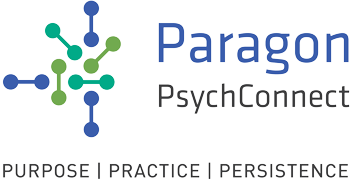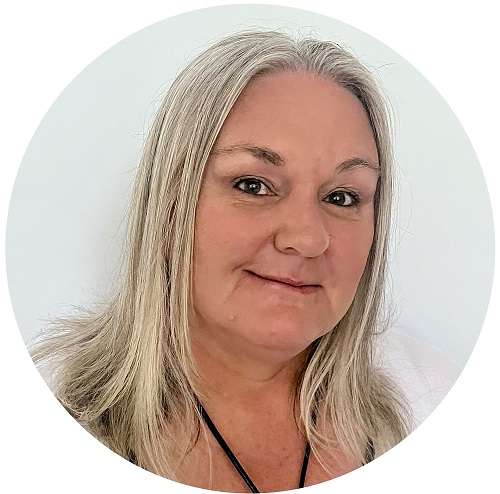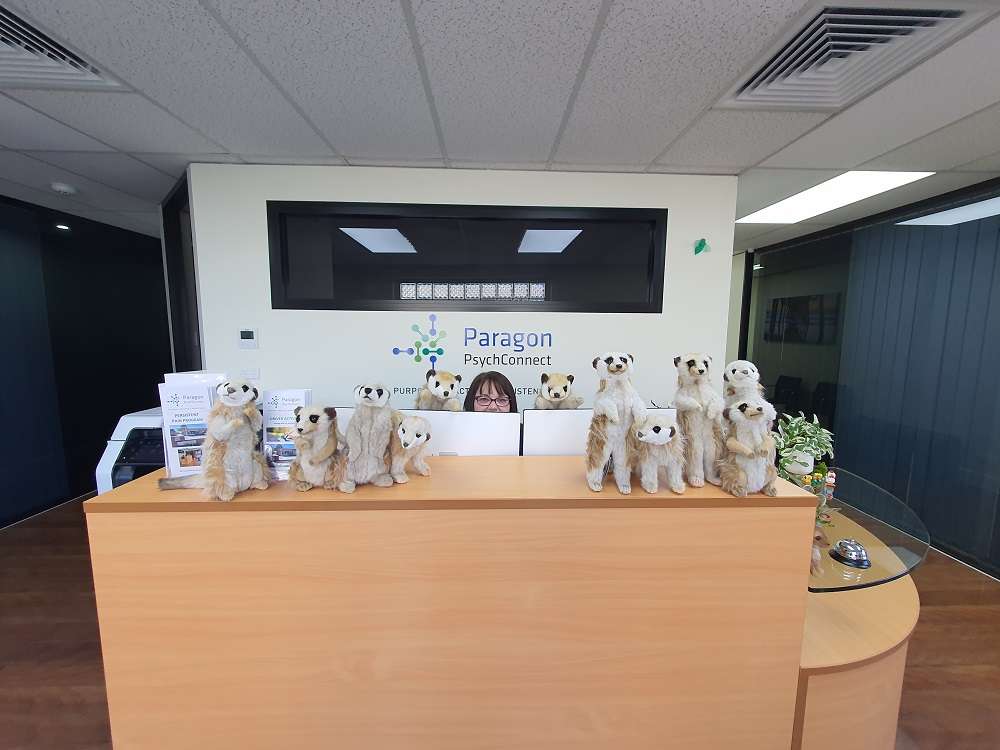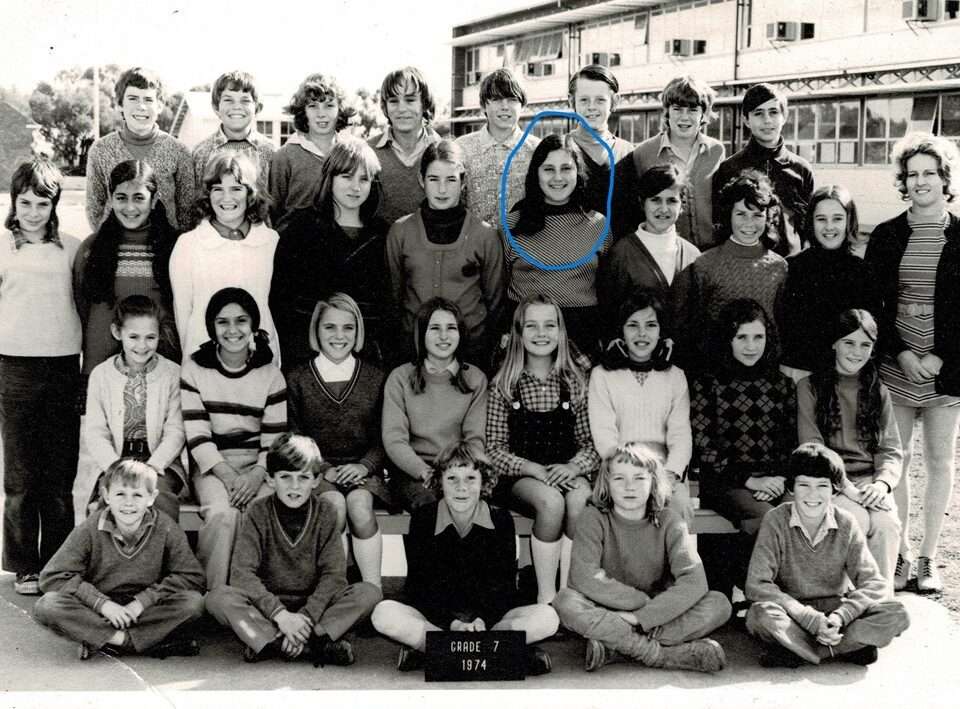
“Are you okay” – How to ask this question and support those in your life
16/08/2023
Persistent Pain – Is Medication the Best Answer
09/09/2023Finding the right psychologist for you – the importance of the therapeutic alliance (relationship)
So, you are struggling with some mental health challenges and after talking to your local Doctor with their help you fill out a mental health care plan and are recommended to see a psychologist in your area.
You are nervous and a little apprehensive, but you know you need some support to deal with the issues that are affecting your daily life, so you book a session. Your still hesitant to see someone, let alone a bloody psychologist but you decide “f##k-it I’ll give it a go” and head to your scheduled appointment.
You nervously sit in the waiting room and finally your psychologist comes out dressed impeccably and asks you to come into the office. The walls are stark white, and you are already uncomfortable in the chair you have been shown to. The psychologist starts by asking you your name, age, date of birth and what you do for a job. You talk further and the psychologist asks you some questions around what issues you are dealing with, but you don’t want to share…it just doesn’t feel right.
The session goes by in a blur and the entire time you just want to leave and not communicate. The psychologist gives you some stuff to work on between now and your next session, but you know you won’t do it. You can’t even remember what they said to do because you just didn’t feel comfortable the entire time.
You come out of the session feeling like you haven’t gotten anywhere - if anything, things are worse. Despite this you go back to your next session and try again but it’s a similar experience. The psychologist isn’t focusing on the issues you have highlighted as having the most significant impacts. Things just don’t feel right.
Maybe psychology isn’t for you?
Wrong, psychology is for you, but you just haven’t developed what is called the therapeutic alliance.
The therapeutic alliance can be defined as the “collaborative relationship between patient and therapist in the common fight to overcome the patient’s suffering.”
The importance of the therapeutic alliance between a psychologist and client is central in getting something out of your sessions. Studies have shown an effective therapeutic alliance may be as, or more, valuable to positive outcomes than what treatment is used (e.g., Cognitive Behavioural Therapy, Acceptance and Commitment Therapy).
So, what does an effective therapeutic alliance look like?
There are 4 key factors in an effective therapeutic alliance between you and your psychologist and these are:
- You feel safe and comfortable sharing your thoughts and feelings
- You want similar outcomes from the sessions
- You agree on most of the tasks that need to be undertaken to achieve these outcomes
- There is a bond made up of shared positive feelings

Basically, if you and your psychologist don’t get on or don’t want the same results from your sessions, then you haven’t developed an effective therapeutic alliance.
The therapeutic alliance can take time to develop and so don’t think that you haven’t found the right psychologist because you didn’t feel 100% after just one session. Sometimes you need to give it time. However, if you’re feeling that you aren’t developing a great therapeutic alliance after a few sessions it might be best to find another psychologist.
Don’t feel guilty about this should it occur. Sometimes people just don’t work well together and that’s okay. However, what isn’t okay is not getting the help you need and deserve.
So, if you want to try another psychologist say something.
Here at Paragon PsychConnect, we want people to feel like they are getting the best out of their sessions and understand that sometimes it takes time to find the right person. So, if you aren’t feeling like you have found the right psychologist yet say something and we can provide you with some options from within our team or refer you to someone else that can offer you the support you want and need.
Just remember, it’s always your choice.














